Alle Beiträge zu mali
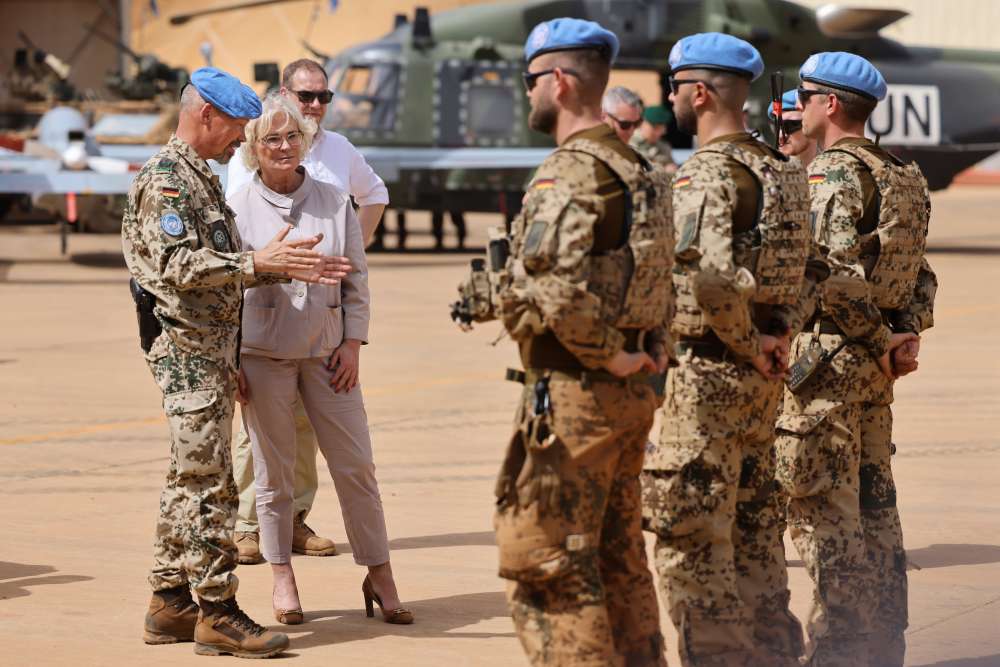
Friedenspolitik kohärent gestalten: Mehr als nur ein prozedurales Ziel
Statt sich nur gut abzustimmen, müssen zuständige Ressorts und Politikbereiche auch auf inhaltlich kohärente Ziele hinarbeiten. Nur so kann nachhaltige deutsche Friedenspolitik gelingen.
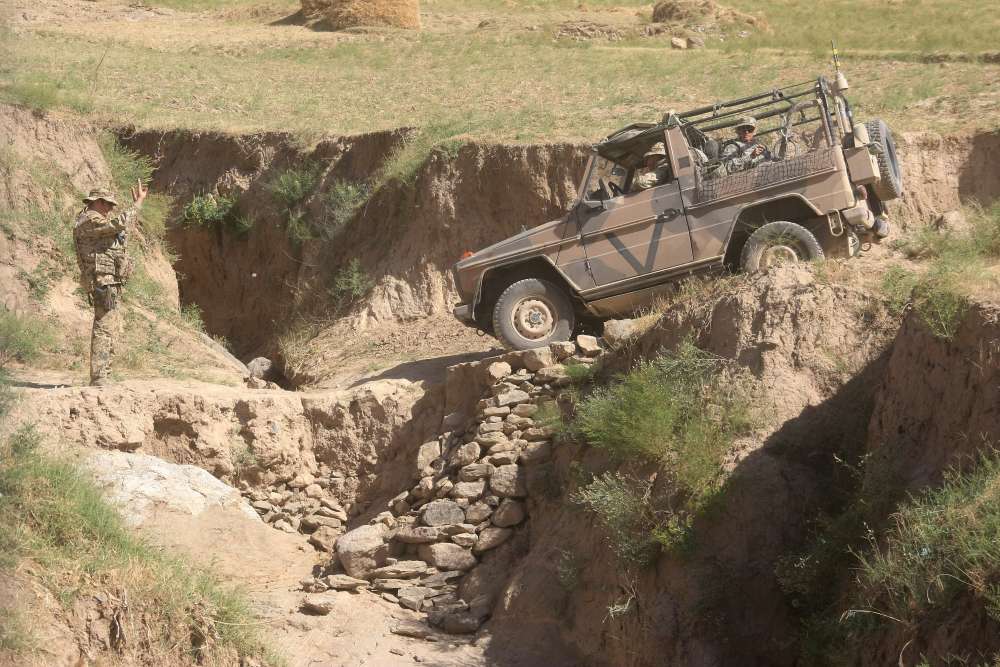
Schluss mit dem Autopiloten! Gute Krisenpolitik fährt nicht von allein
Wirksamere Stabilisierung und Friedensförderung erfordert die Priorisierung erfolgversprechender Fälle, mehr Mut zu Konfrontation und Blockaden im Apparat abzubauen. Das kostet Geld, doch sonst verpuffen die Millionen.
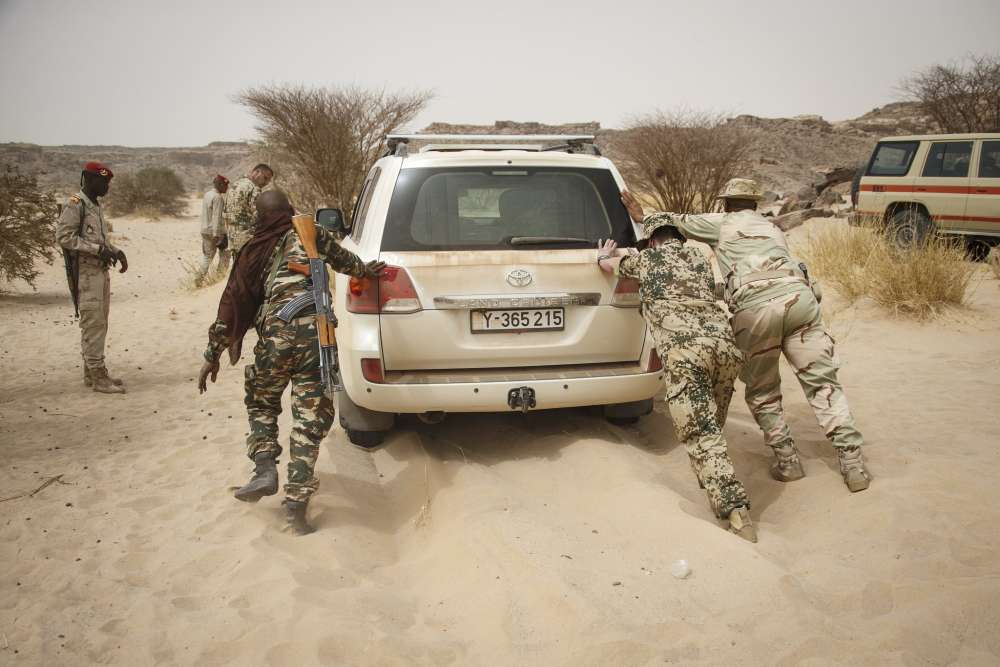
Germany’s Cognitive Dissonance on Security Assistance: A Barrier to Better Protecting Civilians
Germany’s engagement in crisis contexts lacks an overarching vision – but without a vision, no mid-level policies and no policy architecture that would allow Berlin to manage the dilemmas of engaging in difficult environments and reduce the risk of causing unintended harm.
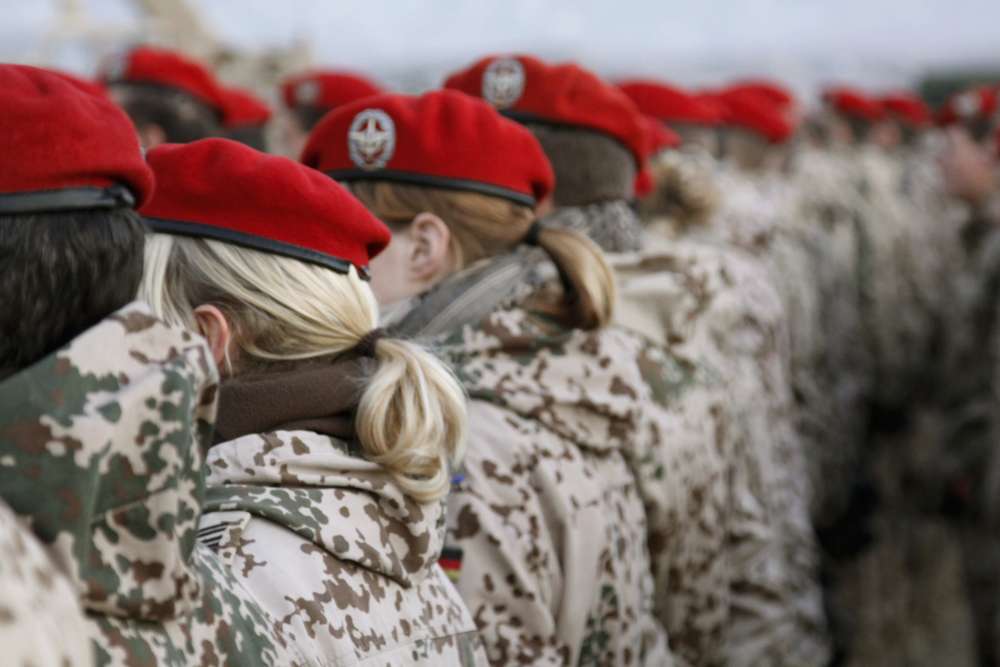
To Realize a Feminist Foreign Policy, Germany Needs a New Approach to Security Sector Reform
Germany’s current approach to security sector reform is not compatible with the principles of a feminist foreign policy. To change that, the government must truly commit to human security and apply an intersectional lens.
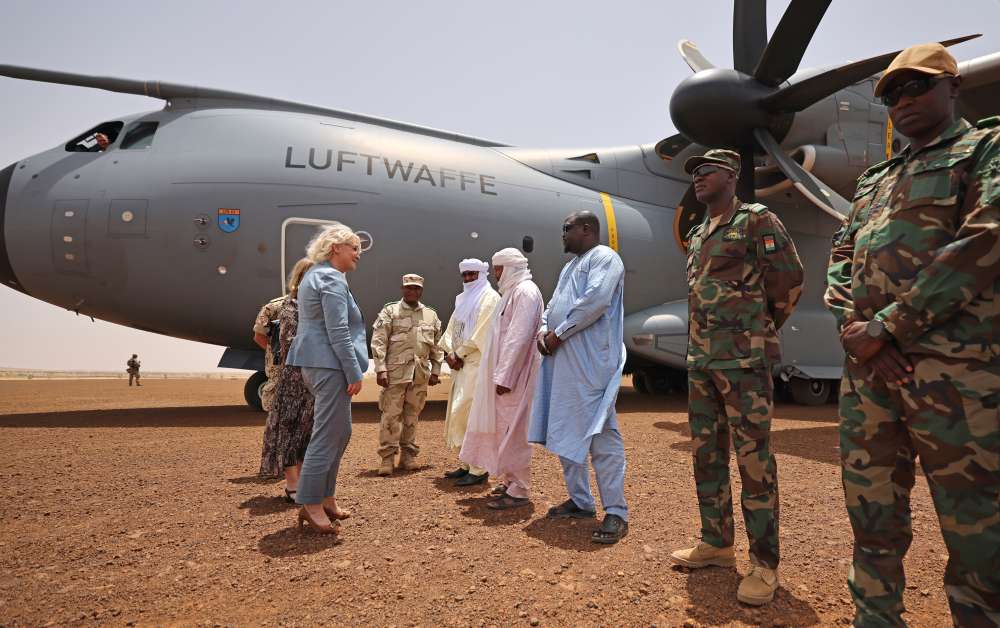
Krisenprävention und Stabilisierung in Afrika: Drei Implikationen für die Nationale Sicherheitsstrategie
Krisenprävention, Stabilisierung und Friedensförderung sollten einen wichtigen Platz in der Nationalen Sicherheitsstrategie einnehmen. Dabei sollten nicht nur Bedrohungen, sondern auch Chancen betrachtet, Prinzipien für Kohärenz genannt und eine stärkere Wirksamkeitsüberprüfung sichergestellt werden.
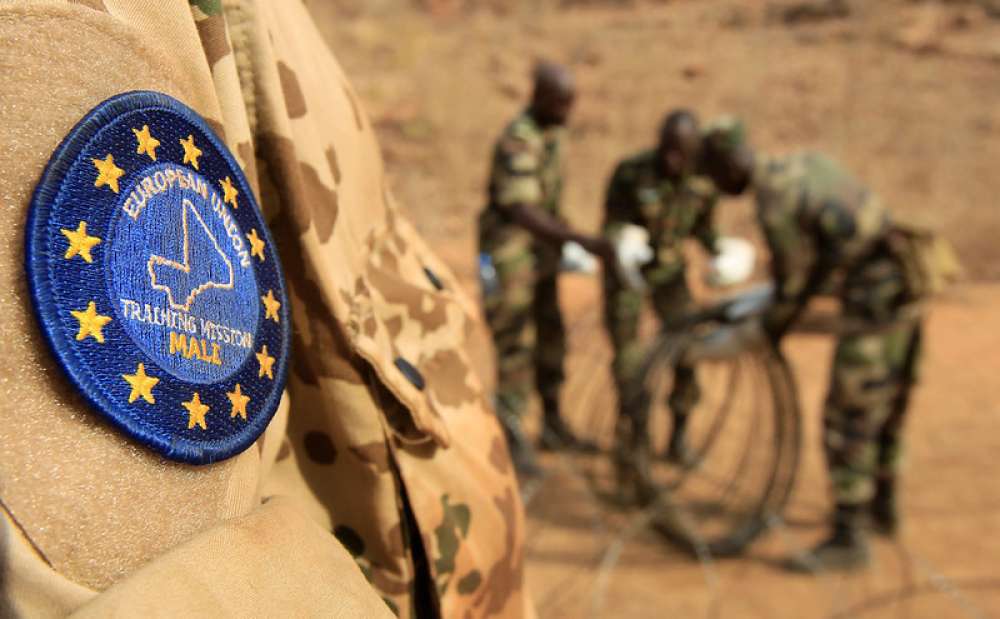
“The Issue of Good Governance has Become Too Marginalized in German Security Assistance”
Germany has shifted its approach to stabilization in the Sahel, from peacebuilding to a stronger emphasis on militarization. The results have been disappointing, says Olivier Guiryanan. Why Berlin should adjust course – and how.